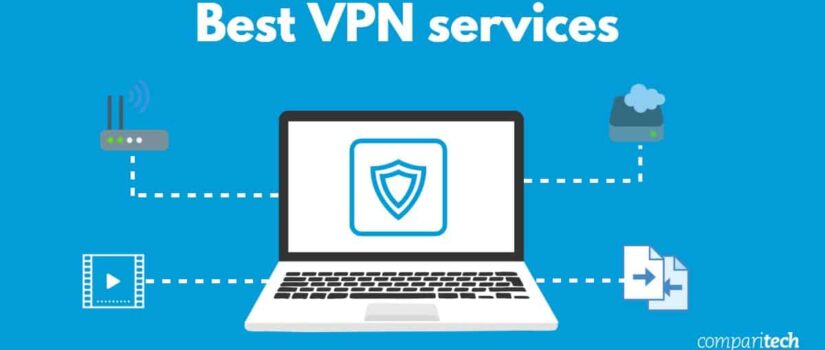Beware of Free VPN For Windows
Free VPN For Windows: Many hotels, coffee shops and other such establishments offer free wireless internet access to their customers. These networks are often unprotected. They typically do not require customers to enter a password and provide no encryption to protect the networks traffic. Any user within wireless access range can potentially connect to this network and sniff or listen in on the network traffic of any other user. A skilled attacker can perform a man-in-the-middle attacker in a matter of seconds and intercept all your network communications using tools that are freely available on the Internet.
A man-in-the-middle attack is where a hacker places himself/herself between the victim and their gateway connection to the Internet. This is done by simply network packets to the victim’s computer telling it that the attacker’s computer is the gateway and telling the real gateway device that the attacker’s computer is the victim’s. There are numerous tutorials and videos on web sites like YouTube on how to perform this attack. There is really no way to prevent this and having a firewall, anti-virus, or other security software on your computer offers no protection as the attacker is not really trying to access the victim’s computer directly.
There are some steps you can take to protect yourself however: The best safeguard is to avoid accessing sensitive websites on public networks i.e. your bank account, email. etc
If you must access such websites, before entering you user name and password, ensure that your connection is encrypted and connected to the real web server. You can do so by verifying that the url begins with an https. HTTPS refers to HTTP over SSL encryption. This means that all communications between your web browser and the web server you are connecting to is encrypted. Anyone sniffing your network traffic will be unable to see what is actually being sent.
You can also verify the legitimacy of the web server where the web pages are hosted. If the connection is over HTTPS, there should be a golden lock on your browser screen. Firefox displays it on the lower right and Internet Explorer displays in it the URL bar. Double clicking on the lock will display the digital certificate which verifies that the web server belongs to the organization whose web site you are trying to connect to. This digital certificate should be issued by a reputable company like Verisign or Thawte.

